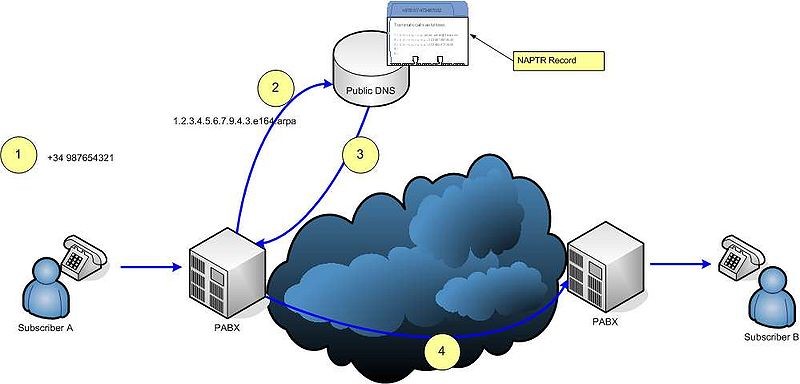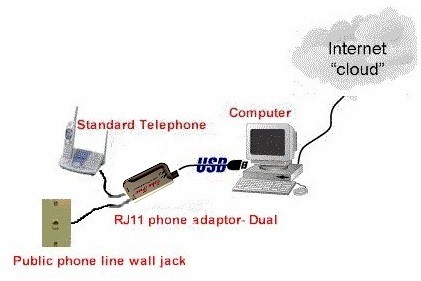VoIP is becoming an increasingly common option for business phone systems. If you’re considering this direction for your business, an essential decision to make is will the system be on-premises, or cloud-hosted? Here are some aspects to consider.

Control
If you want complete control over all aspects of your VoIP system, an on-premises configuration would probably suit your business better. This is especially true for larger organisations that can employ a technical team to design a customised VoIP setup.
A cloud solution involves ceding some control to your provider: it’s a simple tradeoff between that and the convenience offered by their service. The control they have, however, is strictly limited, and your contract should stipulate that they cannot engage in any activities that infringe your confidentiality.
Installation
Cloud-hosted VoIP means that apart from the actual phones, all hardware and software is located with and managed by your VoIP provider. You won’t need to invest in hardware, or employ a team to manage the system. However, your provider must offer required support without impacting your day-to-day business.
In an on-premises VoIP solution, all equipment is in your offices and you will need a designated PBX server with appropriate software as the central hub of your system. You can outsource the installation and maintenance, but the system is primarily your responsibility.

Ultimately, this depends on the range and complexity of your planned system. Wholesale AZ termination is becoming increasingly popular. Resources such as https://www.idtexpress.com/blog/category/voice-termination/ can give you more information about what to consider in a VoIP solution.
Scalability
To alter an on-premises system, your IT team needs to configure additional features as required. This means careful management to ensure no outages.
A cloud-based VoIP system can be reconfigured to add or remove features as you need, by your provider. This solution might suit if you plan on multiple changes to your setup.
Security
This depends on your organisation’s size. If it’s small to medium-sized, cloud hosting has the advantage of leaving security to your provider. With cloud computing set to take over traditional data centre traffic, the provider’s reputation rests on their expertise with protecting against vulnerabilities.
However, if you are a big enterprise with large-scale IT systems, it makes sense to install an on-premises system. You have in-house knowledge of your system capabilities, and resources to implement effective security controls.
